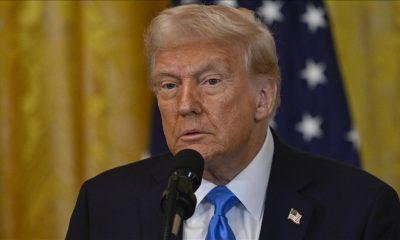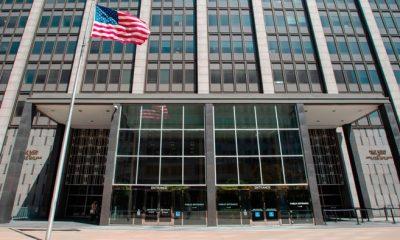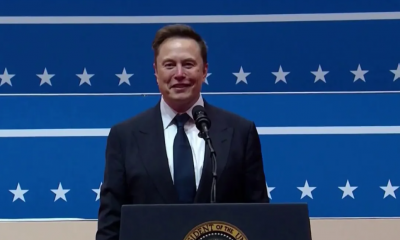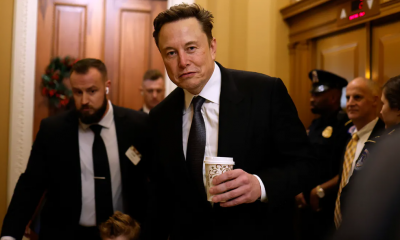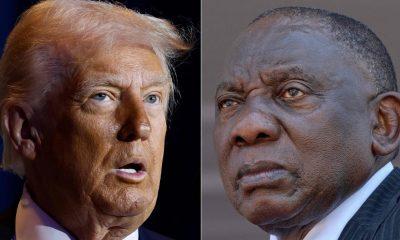411
How South Africa Can Navigate Trump’s Hostile Foreign Policy
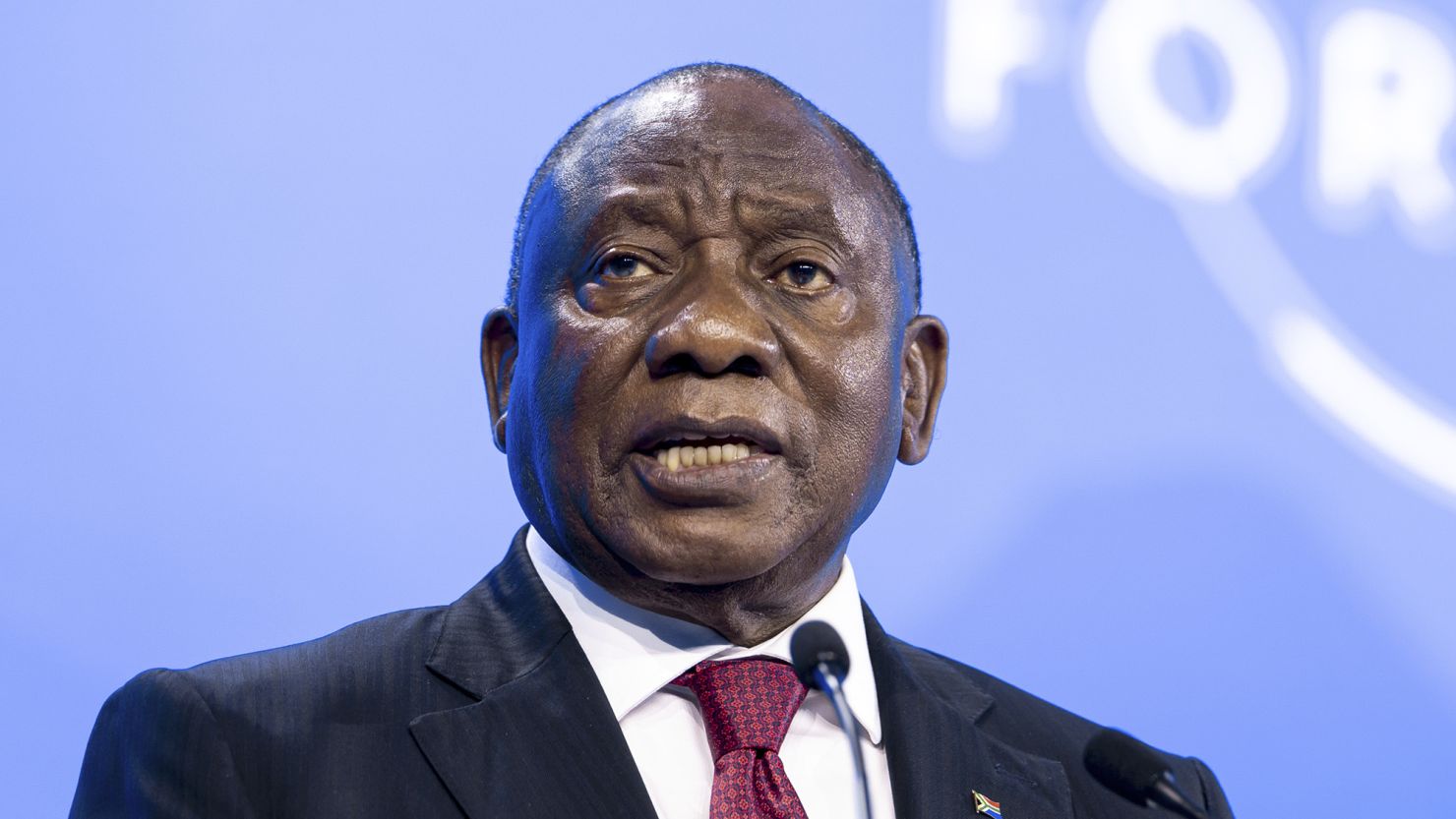
Donald Trump’s return to the White House on January 20, 2025, has sent shockwaves through global politics. Within his first 100 days, he has aggressively pushed his ‘Make America Great Again’ (MAGA) agenda, unraveling diplomatic ties, imposing trade tariffs, and cutting foreign aid. His unpredictable governance has placed several nations—including South Africa—under severe diplomatic strain.
South Africa now faces an urgent foreign policy challenge: balancing its national interests while resisting Trump’s aggressive demands. The situation has exposed deep-seated geopolitical tensions, raising questions about South Africa’s role on the global stage.
Trump’s Hostile Approach to South Africa
The Trump administration has taken a hardline stance against South Africa, acting on misinformation from right-wing lobby groups like AfriForum, Solidarity, and the Cape Independence Advocacy Group. As a result, the U.S. has:
-
Cut all foreign aid to South Africa
-
Instructed U.S. officials to boycott G20 sectoral meetings held in SA
-
Declared South Africa’s ambassador to the U.S., Ebrahim Rasool, persona non grata
More controversially, Trump has issued demands that South Africa drop its International Court of Justice case against Israel, cut ties with Iran, and reduce trade with China—conditions that starkly contradict the country’s sovereignty and diplomatic principles.
The Global Fallout of Trump’s Policies
Trump’s policies have not only affected South Africa but have also disrupted global stability:
-
He dismantled U.S. foreign aid programs, impacting development projects worldwide.
-
He withdrew from the UN Climate Change Convention, isolating the U.S. from global climate efforts.
-
He escalated tensions in the Middle East, endorsing further hostilities in Palestine and Lebanon.
-
He purged the FBI and revoked security clearances of former U.S. officials, consolidating power in unprecedented ways.
These actions have alienated many global leaders, providing South Africa with an opportunity to forge stronger alliances with nations that share its commitment to multilateralism.
South Africa’s Diplomatic Response
South Africa’s historical role as a moral compass in global affairs, shaped by leaders like Nelson Mandela and Oliver Tambo, is now being tested. The country must adopt a multi-pronged approach to protect its interests:
-
Strengthening African Unity
-
By reinforcing the African Union’s Agenda 2063 and the African Continental Free Trade Area, South Africa can promote economic self-reliance and counteract Trump’s policies.
-
-
Engaging with U.S. Institutions and Civil Society
-
While the Trump administration remains hostile, many American businesses, civil society groups, and lawmakers oppose his approach. South Africa must strengthen ties with these allies.
-
-
Diversifying Global Partnerships
-
With BRICS+ gaining influence, South Africa has an opportunity to deepen ties with China, Russia, India, and emerging economies in Latin America and Europe.
-
-
Maintaining a Firm, Principled Foreign Policy
-
South Africa must stand firm in its commitment to international law, human rights, and multilateral diplomacy, refusing to yield to external pressure.
-
The Road Ahead: Will Trump Last?
While Trump’s governance is unpredictable, his leadership remains polarizing. Domestic opposition in the U.S. is growing, and there’s a real possibility that he may not complete a full term or win re-election. However, the damage he causes in the short term could have long-lasting consequences.
South Africa must act decisively to protect its economy and diplomatic standing. With strategic alliances, economic resilience, and a firm commitment to sovereignty, the country can weather this geopolitical storm while asserting its place in an increasingly multipolar world.
{Source IOL}
Follow Joburg ETC on Facebook, Twitter , TikTok and Instagram
For more News in Johannesburg, visit joburgetc.com

